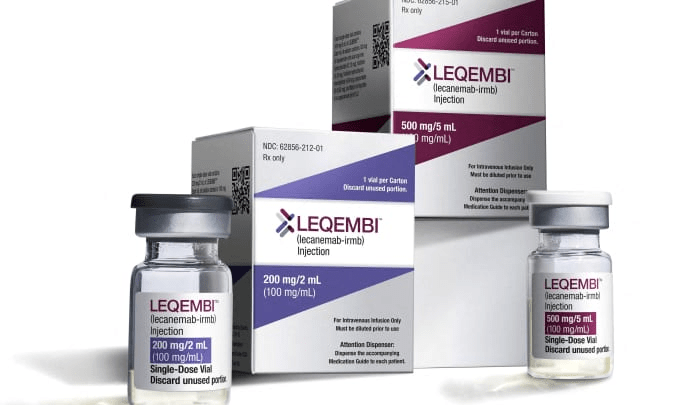
Alzheimer’s Drug Leqembi, by Biogen and Eisai, Aims to Improve Life Quality for Patients like 68-Year-Old Missie Meeks, Despite Access and Side Effect Challenges
Fiona Nanna, ForeMedia News
6 minutes read. Updated 12:44PM GMT Mon, 9 September, 2024
Leqembi, an innovative Alzheimer’s treatment developed by Biogen and Eisai, is making headlines for its potential to enhance the quality of life for those in the early stages of the disease. Although not a cure, Leqembi offers a glimmer of hope for patients like Missie Meeks, whose journey with the drug highlights both its promise and the hurdles it faces in widespread adoption.
Diagnosed with early-stage Alzheimer’s last summer, English professor Missie Meeks, who resides in Ellisville, Mississippi, was among the first to receive Leqembi following its regulatory approval in July 2023. The drug, a monoclonal antibody, aims to slow the progression of cognitive decline in patients who are in the initial stages of the disease.
Meeks began her Leqembi infusions in September 2023, after navigating logistical challenges such as securing a neurologist appointment and obtaining insurance coverage, which initially denied her claim due to her age. Despite no longer being able to teach, Meeks reports that Leqembi has significantly improved her daily life. “I still have fumbles. I’m not perfect by any means. But I can function every day pretty much normally. I can drive, I can go to the doctor, I can go out to eat,”
A Breakthrough in Alzheimer’s Treatment
Leqembi is hailed as a breakthrough for Alzheimer’s, a condition that has long resisted effective treatments. The drug works by clearing amyloid plaques in the brain, a key marker of the disease. While it does not cure Alzheimer’s, it has shown promise in slowing cognitive decline by 27% after 18 months, according to clinical trials.
However, the treatment is not without its risks. Patients may experience side effects such as brain swelling and bleeding, which require regular monitoring through MRI scans. Some experts argue that the drug’s benefits are still not fully realized, given that many patients have only been treated for a short period since its approval.
Challenges in Access and Administration
The rollout of Leqembi has been marked by several obstacles. The process for obtaining a diagnosis and subsequent treatment is lengthy and complex. Patients often face delays due to insurance issues, the need for various diagnostic tests, and difficulties finding neurologists. A 2020 study revealed that only 24% of patients with neurological conditions were seen by a neurologist, highlighting a significant gap in care.
Tracey Collins, a global public relations officer from Portland, Maine, faced similar challenges. Diagnosed with early Alzheimer’s after a lengthy process involving misdiagnoses and insurance denials, Collins finally began her treatment with Leqembi in January 2024. Her experience underscores the systemic hurdles that patients must overcome to access this promising drug.
Infusion Clinics and Future Developments
Receiving Leqembi involves biweekly infusions, which can be challenging to access due to the limited number of infusion clinics. An analysis by Being Patient indicated that some states have as few as five clinics administering the drug. Eisai is working on developing more convenient forms of the drug, including a potential maintenance dose and a subcutaneous injection, which could alleviate some of the logistical burdens on patients.
Despite the challenges, patients like Collins and Meeks remain hopeful. Collins describes her infusion sessions as a “spa day,” and Meeks finds comfort in connecting with others at her clinic. These personal experiences reflect the drug’s potential to offer extended periods of normalcy, even as the medical community continues to navigate the complexities associated with its use.
As Leqembi’s adoption continues to grow, with nearly $60 million in sales reported for the first half of the year, the focus will remain on refining its administration and monitoring long-term benefits. The treatment represents a new chapter in Alzheimer’s care, offering hope for patients and their families despite the ongoing challenges.

